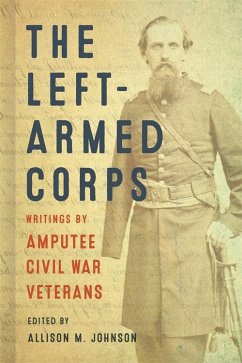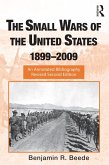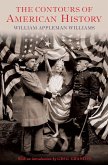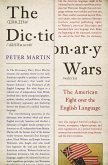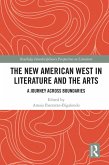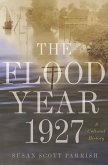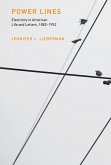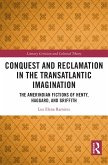The Left-Armed Corps collects and annotates a unique and little-known body of Civil War literature: narrative sketches, accounts, and poetry by veterans who lost the use of their right arms due to wounds sustained during the conflict and who later competed in left-handed penmanship contests in 1865 and 1866.
Organized by William Oland Bourne, the contests called on men who lost limbs while fighting for the Union to submit "specimens" of their best left-handed "business" writing in the form of personal statements. Bourne hoped the contests would help veterans reenter the work force and become economically viable citizens. Following Bourne's aims, the contests commemorated the sacrifices made by veterans and created an archive of individual stories detailing the recently ended conflict. However, the contestants and their entries also present visible evidence-in the form of surprisingly elegant or understandably sloppy handwriting specimens-of the difficulties veterans faced in adapting to life after the war and recovering from its traumas. Their written accounts relate the chaos of the battlefield, the agony of amputation, and the highs and lows of recovery.
Editor Allison M. Johnson organizes the selections thematically in order to highlight issues crucial to the experiences of Civil War soldiers, veterans, and amputees, offering invaluable insights into the ways in which former fighting men understood and commemorated their service and sacrifice. A detailed introduction provides background information on the contests and comments on the literary and historical significance of the veterans and their writings. Chapter subjects include political and philosophical treatises by veterans, amateur but poignant poetic testaments, and graphic accounts of wounding and amputation. The Left-Armed Corps makes accessible this archive of powerful testimony and creative expression from Americans who fought to preserve the Union and end slavery.
Organized by William Oland Bourne, the contests called on men who lost limbs while fighting for the Union to submit "specimens" of their best left-handed "business" writing in the form of personal statements. Bourne hoped the contests would help veterans reenter the work force and become economically viable citizens. Following Bourne's aims, the contests commemorated the sacrifices made by veterans and created an archive of individual stories detailing the recently ended conflict. However, the contestants and their entries also present visible evidence-in the form of surprisingly elegant or understandably sloppy handwriting specimens-of the difficulties veterans faced in adapting to life after the war and recovering from its traumas. Their written accounts relate the chaos of the battlefield, the agony of amputation, and the highs and lows of recovery.
Editor Allison M. Johnson organizes the selections thematically in order to highlight issues crucial to the experiences of Civil War soldiers, veterans, and amputees, offering invaluable insights into the ways in which former fighting men understood and commemorated their service and sacrifice. A detailed introduction provides background information on the contests and comments on the literary and historical significance of the veterans and their writings. Chapter subjects include political and philosophical treatises by veterans, amateur but poignant poetic testaments, and graphic accounts of wounding and amputation. The Left-Armed Corps makes accessible this archive of powerful testimony and creative expression from Americans who fought to preserve the Union and end slavery.
Dieser Download kann aus rechtlichen Gründen nur mit Rechnungsadresse in A, D ausgeliefert werden.

